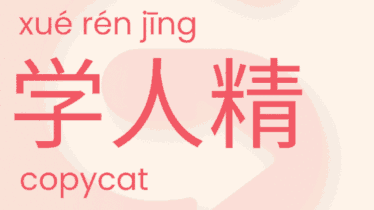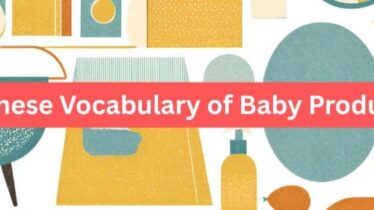ทําไม "ดื่มน้ําส้มสายชู" หมายถึง "อิจฉา" ในภาษาจีน?
Vinegar is a common addition to food in China. When eating dumplings, we often have vinegar. However, if we say that a person “chīcù”, it doesn’t mean “drinking vinegar”. It means someone is jealous of another person. A common example is when a woman is jealous because her favourite man is busy with others.
Why do we say it like that? This saying is related to a story in Chinese history.
In the Tang Dynasty, there was a person named Fang Xuanling, who was a very famous prime minister. One day, the emperor wanted to give him some beautiful women,to be his concubines. However, Fang Xuanling’s wife strongly disagreed. She told the emperor that even if she died, she would still not agree to it.
The emperor said, “Sure. there is a glass of poisonous wine on the table. If you drink this wine, I will agree with your request and will not let your husband keep the concubines.” Fang Xuanling’s wife took the poisonous wine and finished drinking it all at once without any hesitation. The emperor laughed so hard and told her that it was not poisonous wine, it was just vinegar. Since then, the meaning of “chīcù” is jealousy or being jealous.
Let’s see how to use this word:
她吃醋了,因为她看到她男朋友跟女同事发短信。
Tā chīcù le, yīnwèi tā kàn dào tā nán péngyou gēn nǚ tóngshì fā duǎnxìn.
She is jealous because she saw her boyfriend texting with her female colleague.
如果你看到你的女朋友跟男生一起出去玩,你会吃醋吗?
Rúguǒ nǐ kàn dào nǐ de nǚ péngyou gēn nánshēng yīqǐ chūqù wán, nǐ huì chīcù ma?
If you see your girlfriend going out with boys, would you be jealous?



